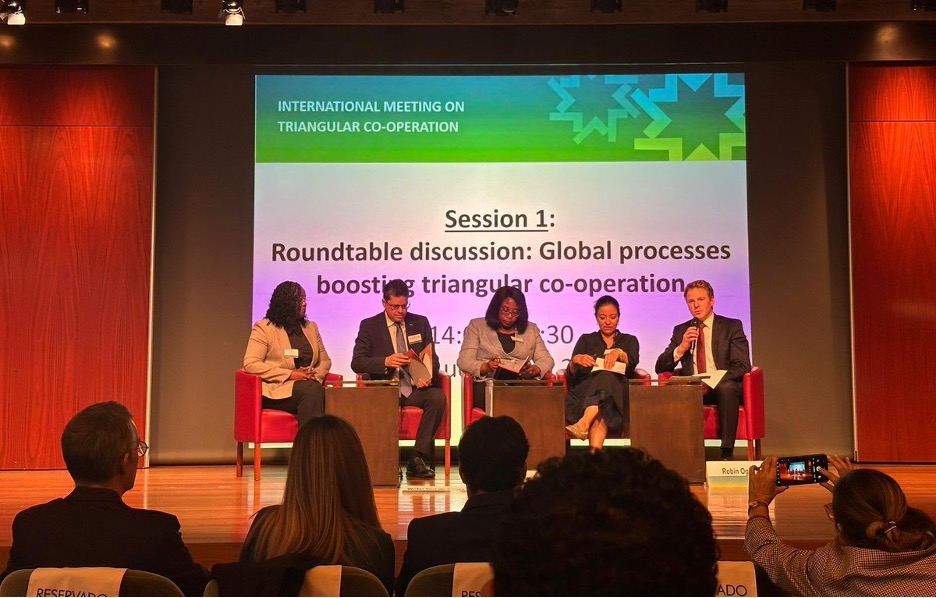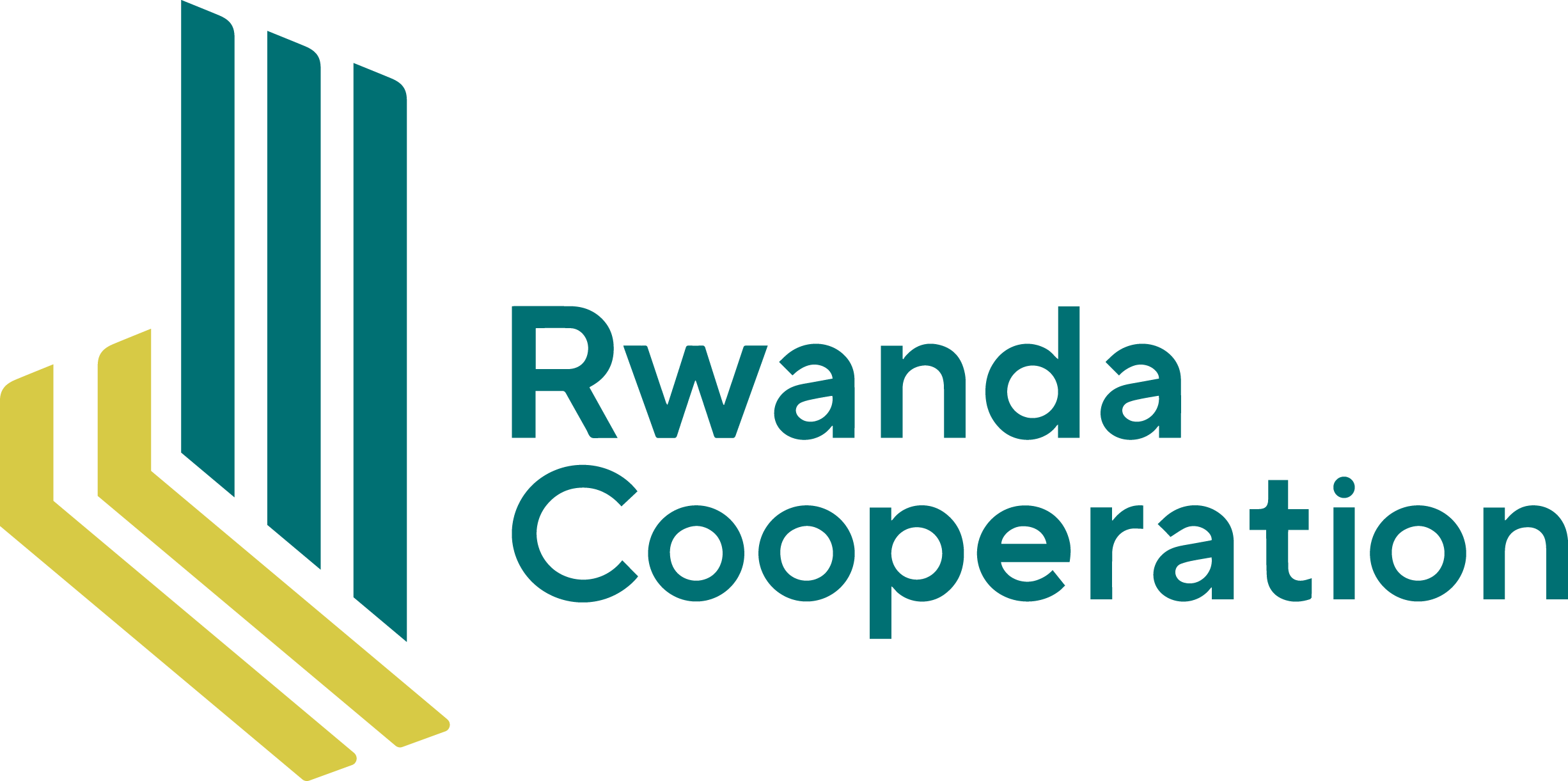2024
Rwanda Cooperation Team Discussed Relevance of Linking Global Processes to Create Local Impacts

Rwanda Cooperation highlighted Rwanda’s model of tailoring innovations to the specific challenges faced by LLDCs, particularly through the implementation of Home-Grown Initiatives that have been pivotal in addressing issues stemming from the aftermath of the 1994 Genocide against the Tutsi.
“The Home-Grown Initiatives evidence Rwanda’s approach of linking global processes to create local and sustainable development impacts,” Aude Ntawebasa, Rwanda Cooperation representative to the Lisbon Conference noted. Attendees included representatives from international and regional organizations, United Nations agencies, Governments, Civil Society Organizations, Multilateral Development Banks, Academia and Research Institutes as well as Philanthropic Organizations and the Private Sector.
This year’s meeting focused on triangular cooperation, as a transformative approach to promote sustainable development, thereby contributing to the achievement of international and regional agendas. It addressed the gaps between global and regional processes and explored how triangular cooperation can play a significant role in the effectiveness of projects and programs implementation. The discussion also referenced previous meetings, where the need to expand the community and key thematic debates was emphasized (2022), along with the identification of institutional biases and calls for greater triangular cooperation, globally, regionally and locally (2023). The meeting began with a plenary session, featuring a high-level roundtable discussion on “Global processes boosting triangular cooperation” during which Rwanda Cooperation emphasized Rwanda’s strong advocacy for Landlocked Developing Countries (LLDCs), given its own unique geographical status as a landlocked nation.
For the upcoming Third UN Conference on Landlocked Developing Countries, Rwanda Cooperation outlined its key expectations for the event which were the establishment of robust frameworks to foster sustainable development, enhanced international support and the creation of effective strategies to tackle some of the unique challenges that LLDCs face, such as trade barriers, infrastructure development, and climate resilience.
Capacity building is also a key component, enhancing the skills of LLDCs so they can effectively implement policies and programs. Rwanda Cooperation’s Knowledge Café was shared as an emerging innovative practice for building internal capacities for increased productivity and interactivity between staff and management.
Triangular partnerships can help mobilize resources, attracting investment and technical assistance from various sources to support sustainable development.
Published: October 14, 2024
By: Aude Ntawebasa
Share
